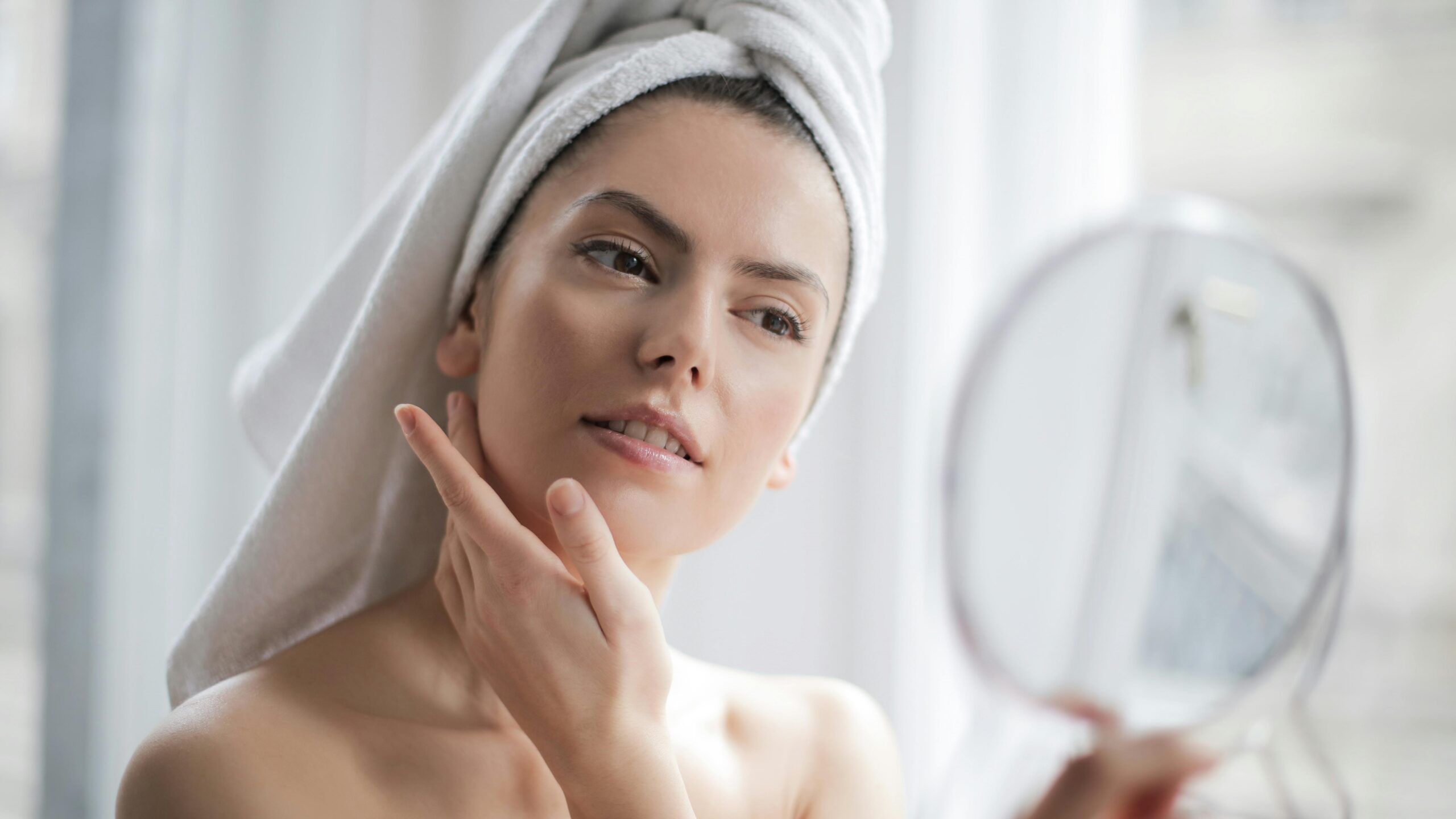Hydration plays a fundamental role in achieving and maintaining healthy, glowing skin. Water supports various bodily functions, including maintaining skin elasticity, preventing dryness, and promoting a vibrant complexion. This article explores the importance of hydration for skin health and practical ways to stay hydrated both internally and externally.
How Hydration Benefits Your Skin
Your skin is the largest organ of your body, and like all organs, it requires adequate hydration to function optimally. Here are some of the key benefits of staying hydrated:
- Improved Elasticity
Proper hydration helps maintain your skin’s elasticity, reducing the appearance of fine lines and wrinkles. Hydrated skin is more resilient and youthful-looking. - Prevention of Dryness
Dry skin is often a sign of dehydration. Drinking enough water helps retain moisture, preventing flakiness and rough texture. - Enhanced Complexion
Hydrated skin appears plumper, more radiant, and healthier. It minimizes dullness and promotes an even skin tone. - Better Detoxification
Staying hydrated supports the body’s natural detoxification process. This helps flush out toxins, reducing the likelihood of breakouts and blemishes. - Protection Against Environmental Stressors
Hydrated skin is better equipped to act as a barrier against pollutants and environmental damage.
Internal Hydration: How to Nourish Your Skin from Within
Drinking water is the simplest way to keep your skin hydrated. However, there are other strategies to ensure your body and skin stay well-nourished:
- Drink Adequate Water: Aim for at least 8 glasses of water daily, but adjust based on your activity level, climate, and individual needs.
- Include Hydrating Foods: Foods like cucumbers, watermelons, oranges, and strawberries have high water content and can contribute to hydration.
- Balance Electrolytes: Electrolytes like sodium, potassium, and magnesium help maintain your body’s fluid balance. Consider adding coconut water or electrolyte-rich foods like bananas to your diet.
- Limit Dehydrating Beverages: Minimize consumption of caffeine and alcohol, which can dehydrate your body and affect your skin’s moisture levels.
External Hydration: Hydrating Your Skin Topically
While internal hydration is vital, external hydration through skincare products can complement your efforts:
- Use a Gentle Cleanser
Harsh cleansers can strip your skin of natural oils. Opt for a gentle, hydrating cleanser that maintains your skin’s moisture barrier. - Moisturize Daily
A good moisturizer locks in hydration and prevents water loss from the skin. Look for ingredients like hyaluronic acid, glycerin, and ceramides, which are excellent for retaining moisture. - Apply a Hydrating Serum
Serums containing humectants like hyaluronic acid or aloe vera deliver an intense boost of hydration to the deeper layers of your skin. - Use a Facial Mist
Facial mists can refresh your skin and provide instant hydration throughout the day. Opt for alcohol-free formulas for best results. - Protect Your Skin Barrier
A healthy skin barrier prevents water loss. Avoid over-exfoliation or using products with harsh ingredients that can compromise the barrier.
Environmental Factors to Consider
Environmental factors can affect your skin’s hydration levels. To maintain optimal moisture:
- Humidify Your Environment: Using a humidifier during dry seasons can prevent your skin from becoming dehydrated.
- Wear Sunscreen: Sun exposure dehydrates the skin. Always use a broad-spectrum sunscreen to protect your skin.
- Adjust to Weather Changes: In colder months, switch to richer moisturizers, and in hot climates, use lightweight hydrating products.
Signs of Dehydrated Skin
It’s important to recognize when your skin is dehydrated so you can take corrective action:
- Tightness or discomfort, especially after cleansing.
- Flakiness or dry patches.
- Dullness and lack of radiance.
- Increased sensitivity or redness.
- Fine lines that seem more pronounced than usual.
If you notice these signs, prioritize hydration in your skincare and lifestyle.
Consistency is Key
Achieving hydrated, healthy skin is a continuous process. Staying consistent with your hydration practices, both internally and externally, ensures lasting results. Building good habits over time will help you maintain a glowing, youthful complexion.
Conclusion
Hydration is essential for skin health, influencing its appearance, texture, and resilience. By drinking enough water, consuming hydrating foods, and using moisturizing products, you can keep your skin well-hydrated and radiant. Remember, hydrated skin is happy skin, so make hydration a top priority in your skincare routine and daily life.
